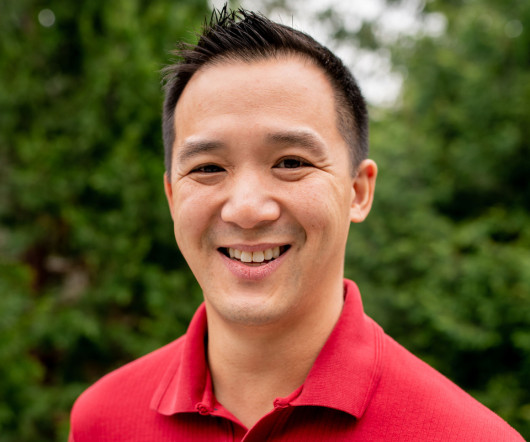Don’t Fall in Love
Product Management 2.0
SEPTEMBER 17, 2015
“One’s first love is always perfect until one meets one’s second love.” Elizabeth Aston. I was honored to participate in a podcast hosted by my friend Michael Hopkin. Michael has a blog site dedicated to Product Management ( [link] ) and also runs a podcast called The Product Management Pulse. It was great fun and Michael is a great host.


















Let's personalize your content